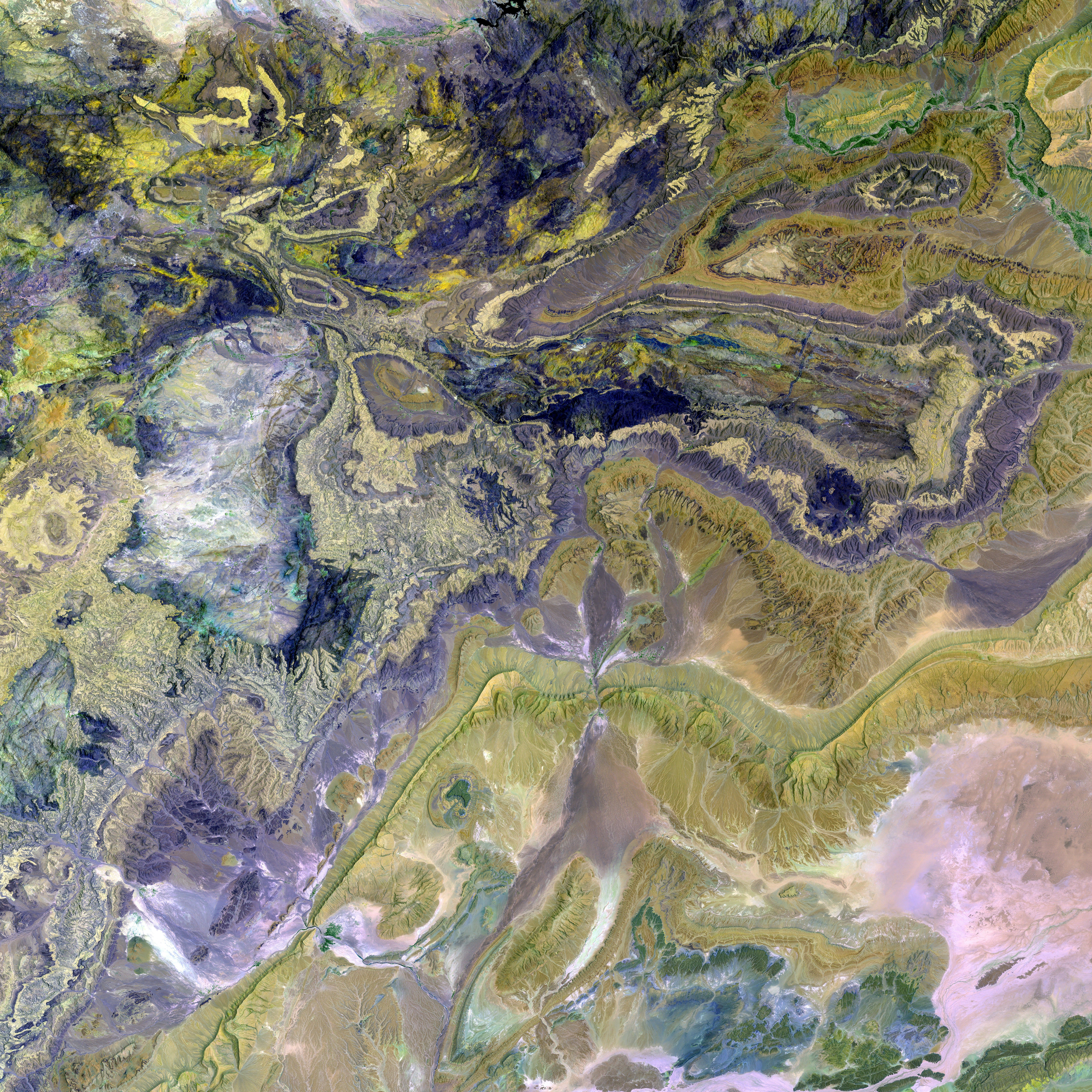In the midst of U.S. tariff turmoil, a savings account for emergencies becomes essential. Here's where to secure your financial shelter.
Hey there! Let's chat about Canadian savings habits and emergency funds, shall we?
A whopping 53% of Canadian adults, as per a 2024 study by the Financial Consumer Agency, already have an emergency fund that could cover three months of expenses. EQ Bank's first-quarter survey reveals that this number could be on the rise, with 53% planning to increase their emergency savings.
But where should this cash be stashed? Jason Heath, managing director at Objective Financial Partners, advises keeping three to six months' worth of living expenses in ready mode. The actual amount, Heath notes, depends on job stability and other factors.
NerdWallet Canada's Shannon Terrell emphasizes the importance of liquidity when deciding where to park your cash. Your emergency fund acts like a financial fire extinguisher, she says, readily available but hopefully never needed.
Natasha Macmillan, director of everyday banking at Ratehub.ca, concurs. In the event of unexpected financial emergencies, you'll want an easily accessible account offering instant withdrawals and zero penalties. Macmillan suggests considering a high-interest savings account (HISA) or a cashable guaranteed investment certificate (GIC) with easy withdrawal options.
Comparing interest rates and reading the fine print on whether an account has minimum balance requirements or fees is essential when scouting for the perfect HISA. Be aware that some accounts might charge a fee after crossing a specific number of free withdrawals or transfers.
When eyeing GICs, prioritize CDIC insurance to safeguard your funds up to $100,000. It's generally best to avoid investing emergency funds in unstable markets, like mutual funds, stocks, or ETFs.
Be cautious about tucking your emergency fund into a Tax-Free Savings Account (TFSA) or using your Registered Retirement Savings Plan (RRSP) for emergency savings. Both have drawbacks, such as penalties or tax implications, that could complicate financial emergencies.
Now, if you're seeking the top HISAs and cashable GICs in Canada, think about their accessibility, security, flexibility, and CDIC insurance. Some standout options include Simplii High Interest Savings Account, Scotiabank MomentumPlus Savings Account, EQ Bank Notice Savings Account, and LBC Digital High-Interest Savings Account.
For cashable GICs, consider Tangerine Cashable GIC, RBC Cashable GIC, and CIBC Cashable GIC due to their competitive rates, flexibility, and CDIC insurance coverage.
Remember, the trick is to balance these factors for a high-interest savings account or cashable GIC that caters to your emergency savings needs. Happy saving, folks!
- In a 2024 study, it was found that 53% of Canadian adults already have an emergency fund, and 53% are planning to increase their emergency savings.
- Jason Heath, a managing director, advises keeping three to six months' worth of living expenses in a readily available account for emergencies.
- Shannon Terrell from NerdWallet Canada emphasizes the importance of liquidity when deciding where to park emergency funds, as they act like a financial fire extinguisher.
- Natasha Macmillan suggests considering a high-interest savings account (HISA) or a cashable guaranteed investment certificate (GIC) with easy withdrawal options for emergency funds.
- When looking for the perfect HISA or cashable GIC, it's essential to compare interest rates, examine the account's terms and conditions for fees and minimum balance requirements, and ensure CDIC insurance coverage is available for up to $100,000.




